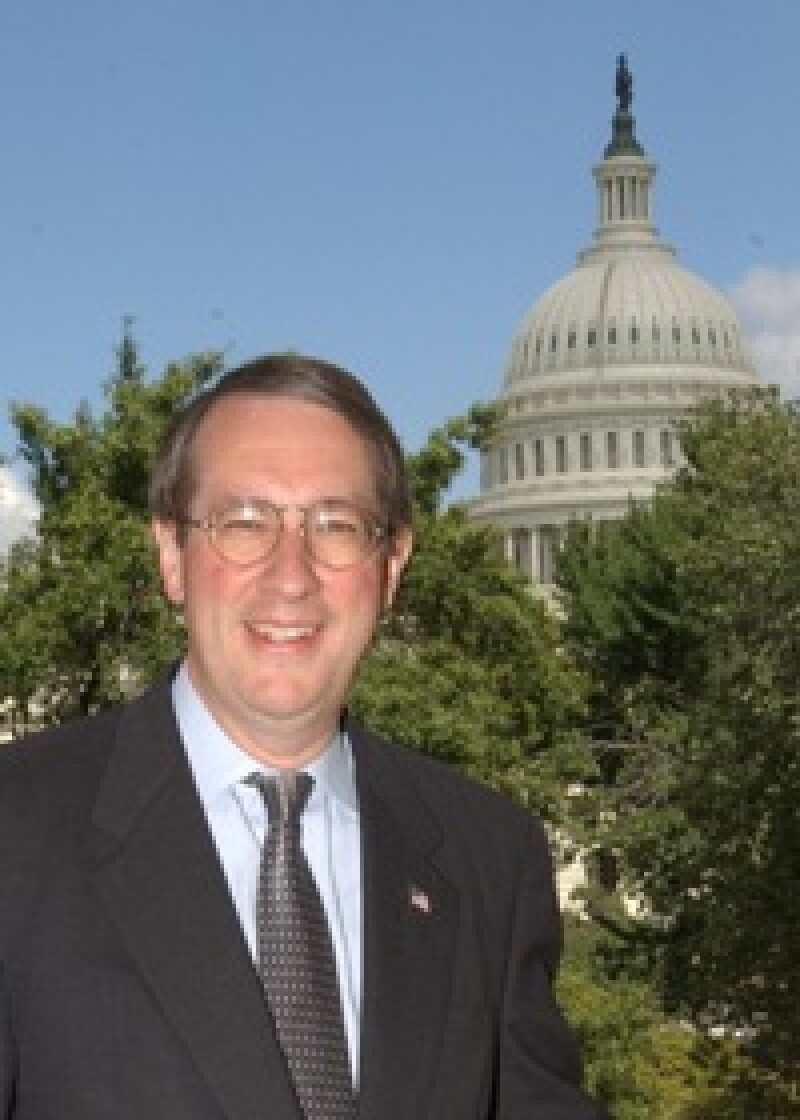
As we reported last week, the House Judiciary Committee has marked up the bill, and we learned yesterday that it will be debated in the House of Representatives on December 4 – exactly six weeks after it was proposed. That’s supersonic pace. Meanwhile, Senator Leahy has introduced a parallel bill in the Senate.
Why the rush? The reasons might be partly political – out-of-favour members of Congress have identified a populist cause – but the legislation also addresses needs felt strongly by many companies and patent commentators. That came over very clearly in the interview with Allen Lo of Google that we published last week and in a blog post where Horacio Gutierrez of Microsoft said his company backs the Innovation Act. And this week 60 IP professors suggested six reforms that are very similar to what is being discussed in Congress.
There are still many sceptics of course. But last week’s markup suggested that we are getting close to a compromise. Notably, the expansion of the CBM programme (which Google strongly supported) has been removed. That always seemed like a proposal that was ripe for negotiation: CBM is too recent, and is still regarded with some suspicion, for an expansion to be widely welcomed.
There’s still a long way to go. There may be further contributions in the House of Representatives, and the Senate still has a lot of work to do before we will see unified legislation. But we can fairly confidently predict both that there will be an Act passed in the next year or so, and that it will to a large extent resemble Goodatte’s (right) bill.
Whether the reforms eventually passed will address the problems identified – or whether those who abuse patent litigation will just find new ways round them – is of course another question entirely.









